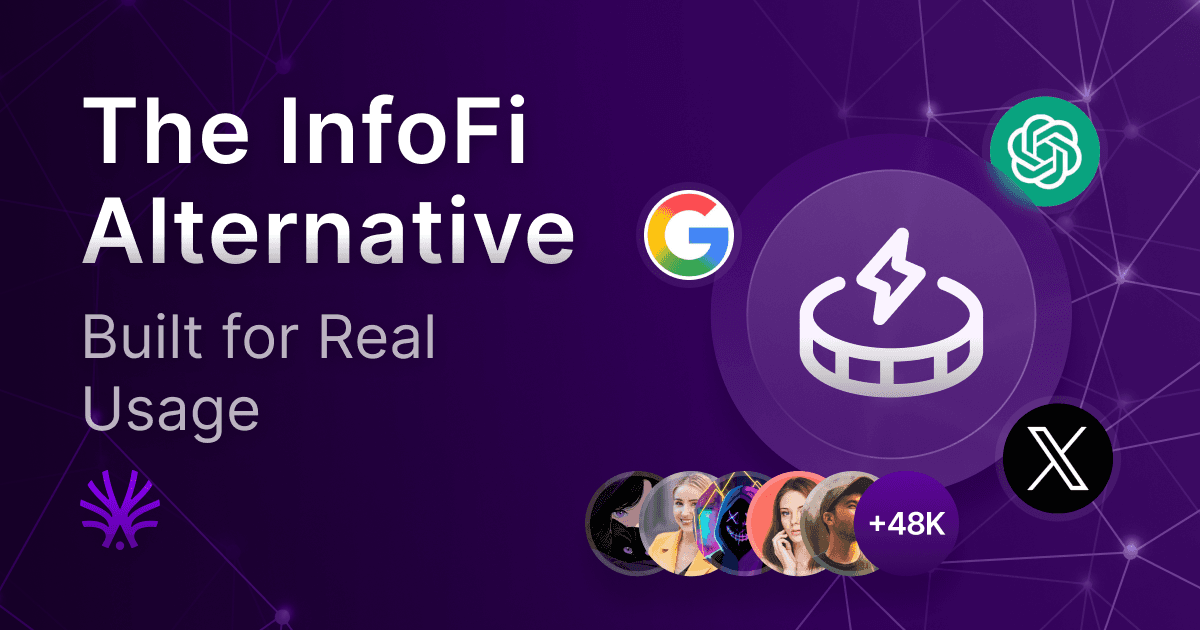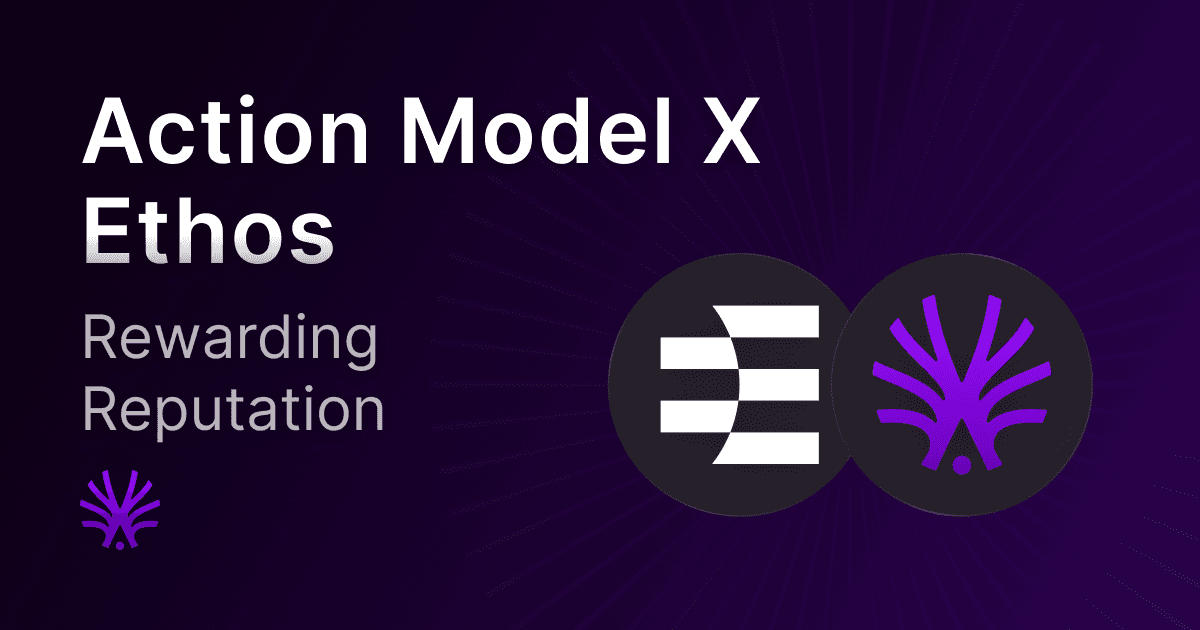Jul 7, 2025
10 AI Agents Examples That Are Changing Industries
Explore 10 real-world AI agent examples revolutionising industries from finance and healthcare to marketing and transportation. Discover how autonomous agents are reshaping the future of work—and how you can build your own with Action Model.
Web3
AI
Agents
Automation

Be the first to access our Large Action Model.
Get Paid to Train AI
Personal data is never stored
Artificial Intelligence has grown far beyond its rule-based roots. It’s transformed into a new class of intelligent agents that can interpret their surroundings, plan with intent, and carry out intricate tasks without human intervention.
Today, AI agents are driving real-world change - reshaping business operations, healthcare, transportation, finance, and more.
This article explores 10 compelling AI agents examples that have helped inspire our vision at Action Model: to revolutionise agentic AI and bring power back to the people.
In this guide, we’ll cover:
What Are AI Agents?
A Timeline of AI Agent Evolution
QuickBooks AI – Automating Financial Management
Wonderful AI – Elevating Global Customer Support
Wall Street Trading Agents – Smarter Financial Decisions
UiPath’s Intelligent RPA Agents
Tesla & Waymo – Driving Autonomy Forward
AlphaFold & Medical Agents – Rethinking Drug Discovery
Supply Chain AI – Predict, Optimise, Deliver
AI Marketing Agents – From Awareness to Conversion
Generative AI Agents – Artists, Writers & Designers
DeFi Agents & DAO Management
Build Your Own AI Agents with Action Model
What Are AI Agents?
An AI agent is a software program capable of perceiving its environment, reasoning through data, and autonomously executing tasks. Unlike traditional AI models that focus on passive analysis or single-step outputs, agents take initiative.
They observe, plan, act, and often improve over time - creating closed feedback loops that enable intelligent, ongoing interaction with the world around them.
AI agent examples include:
Large Language Models (LLMs) for contextual understanding and generation.
Tool integrations/APIs for executing tasks.
Memory and learning components that evolve over time.
In essence, AI agents represent a leap from static machine learning outputs to dynamic, goal-oriented systems capable of operating with minimal supervision.
A Timeline of AI Agent Evolution

1950s–1970s: Laying the Conceptual Groundwork
The origins of AI agent theory trace back to mid-20th-century breakthroughs. Thinkers like Alan Turing began asking whether machines could replicate human reasoning, which led to foundational models of intelligence.
Around the same time, early ideas about “agents” surfaced within the fields of cybernetics and control systems. These were abstract models that described autonomous entities capable of sensing and responding to their environment.
1980s–1990s: Rise of Expert Systems and Basic Software Agents
As computing matured, AI took on practical forms. One standout was MYCIN, an early expert system designed to deliver medical recommendations by applying predefined rules.
Meanwhile, basic software agents began managing tasks like organising files or monitoring networks. These agents functioned on simple logic: if X condition is met, do Y, an architecture well-suited for narrow, repetitive tasks.
2000s: Automating Workflows with RPA
The early 21st century saw a commercial surge in automation tools. Companies like UiPath and Blue Prism introduced Robotic Process Automation (RPA) platforms that mimicked human interactions with software interfaces.
These tools were deployed to handle mundane, rule-heavy business functions - think invoice processing, or copying data between systems - marking a shift from theoretical AI to real-world impact at scale.
2010s: Conversational Agents Enter the Mainstream
A new wave of AI emerged as voice-controlled assistants and chatbots gained widespread use. Siri, Alexa, and Google Assistant became household names, whilst customer support bots became widespread across websites.
Although these systems could understand and generate natural language, they were generally confined to specific, pre-programmed domains.
2020s: The Era of Autonomy and Multi-Tool Intelligence
With the arrival of large language models (LLMs), AI agents took a leap toward autonomy. Frameworks like Auto-GPT and LangChain allow these models to chain together multiple tools, APIs, and reasoning steps to solve complex tasks.
This new breed of agent, sometimes dubbed “Large Action Models” (LAMs), can now orchestrate multi-step operations across various platforms, making decisions, executing plans, and adapting to feedback in real time.
The Transformation of AI Agents
Across these decades, the trajectory of AI agents has been one of expanding capability and autonomy. We’ve moved from systems that follow rigid, handcrafted rules to intelligent agents capable of strategic reasoning and adaptive behavior.
What began as an academic curiosity has become a transformative force across industries, from healthcare and finance, to customer service and software development.
Examples of AI Agents
1. QuickBooks AI – Automating Financial Management
Finance & Small Business
QuickBooks has embedded AI agents into its platform to assist small business owners with everyday accountancy tasks.
These intelligent assistants can:
Extract and reconcile invoice data
Send automatic payment reminders
Predict future cash flow based on real-time and historical data
Generate financial insights and flag anomalies
By eliminating hours of manual accounting, QuickBooks’ AI agents give entrepreneurs more time to focus on growth. It’s a prime AI agent example that shows the power of automated decision-making in financial software.
2. Wonderful AI – Elevating Global Customer Support
Customer Service / SaaS
Wonderful AI has created multilingual support agents that break language barriers in customer service. These agents handle chat, email, and voice interactions, with real-time emotion detection to escalate to human agents when necessary.
Capabilities include:
Conversational fluency across multiple languages
Cultural nuance recognition in communication
Context switching between channels mid-conversation
It’s an example of AI agents that can bridge human empathy with automation, helping companies provide consistent support across borders.
3. Wall Street Trading Agents – Smarter Financial Decisions
Investment & Banking
At major institutions like JPMorgan and Citadel, AI agents are now part of the trading floor.
These systems:
Read market sentiment from social media and news feeds
Automatically rebalance portfolios
Monitor compliance and flag suspicious trades
Execute high-speed buy/sell decisions based on real-time data
These agents showcase how autonomous, reactive systems can outperform humans in high-frequency environments. It’s one of the most impactful AI agents examples in finance.
4. UiPath’s Intelligent RPA Agents
Enterprise Automation
Robotic Process Automation (RPA) has evolved, with platforms like UiPath combining RPA with AI agents for deeper process understanding.
These agents can:
Read and interpret documents using computer vision
Learn from repeated workflows and suggest optimisations
Interact with legacy systems via screen automation
Handle errors dynamically
The result? Enterprises can cut operational costs and improve scalability by delegating repetitive work to digital agents with real-time learning.
5. Tesla & Waymo – Driving Autonomy Forward
Transportation
Tesla’s Full Self-Driving (FSD) and Waymo’s autonomous vehicles are real-world manifestations of agentic intelligence in motion.
Their features include:
Real-time sensor fusion (Lidar, Radar, Cameras)
Predictive modeling of pedestrian and driver behavior
Continual over-the-air learning and improvements
These self-driving agents navigate city streets, highways, and complex intersections - proving that agentic decision-making is viable on the open road.
6. AlphaFold & Medical Agents – Rethinking Drug Discovery
Healthcare & Life Sciences
These examples of AI agents are revolutionising biomedical research. DeepMind’s AlphaFold is a standout, predicting protein structures with incredible accuracy.
Other medical AI agents include:
Tumor analysis assistants (e.g., PathAI)
Automated diagnostic tools for rare diseases
Agents matching patients to clinical trials based on genetic profiles
These examples demonstrate how AI agents extend medical knowledge, accelerate drug pipelines, and personalise care.
7. Supply Chain AI – Predict, Optimise, Deliver
Logistics & Retail
Companies like Symphony RetailAI and ClearMetal deploy AI agents to:
Forecast demand with high precision
Optimise warehouse inventory in real time
Reroute deliveries in response to disruptions
Monitor supplier reliability and recommend alternatives
Supply chain AI agents react to live data, enabling lean, resilient operations - especially critical in volatile global markets.
8. AI Marketing Agents – From Awareness to Conversion
Marketing & Sales
From real-time bidding on ad networks to conversational AI for lead capture, marketing AI agents are a growth marketer’s best ally.
Examples include:
Albert AI for multichannel ad campaign automation
Drift for website lead engagement and qualification
Predictive analytics agents that trigger churn-prevention workflows
Brands using AI agents in their marketing stack often see improved conversion rates and better ROI attribution across touchpoints.
9. Generative AI Agents – Artists, Writers & Designers
Media, Content & Entertainment
Tools like Midjourney, DALL·E, and ChatGPT are AI agent examples enabling content creation at scale.
These agents assist with:
Drafting blogs, captions, scripts, and emails
Designing visuals from text prompts
Editing and assembling videos based on project requirements
Composing royalty-free music or audio loops
In this domain, AI agents are not replacing creativity, but amplifying it - providing a springboard for human-led ideation.
10. DeFi Agents & DAO Management
Blockchain & Crypto
In decentralised finance (DeFi), AI agents are responsible for:
Monitoring and switching funds across yield farming pools
Performing arbitrage trades across decentralised exchanges (DEXs)
Drafting governance proposals
Voting autonomously in DAOs based on programmable rules
These blockchain-native agents allow protocols to operate 24/7 without human micromanagement, creating a new chapter in self-sovereign, agentic governance.
The Future of AI Agents
The rise of AI agents is not a passing trend. We are witnessing the dawn of a new agentic economy. In the next few months we’ll see a huge boost in AI agent examples and what can be automated. Emerging themes include:
Multi-agent collaboration: Teams of agents coordinating toward shared goals.
On-device agents: Operating directly on mobile devices or IoT systems.
Ethical enforcement: Guardrails for bias, misuse, and transparency.
Human-in-the-loop agents: Reinforcement learning shaped by user feedback.
Build Your Own AI Agents with Action Model
At Action Model, we believe the future is agent-led - which is why we’ve built a browser extension that is helping train the next generation of AI agents
Our platform allows users to:
Build their own web-native agents and unique workflows
Earn LAM tokens, ensuring users have a stake in the next wave of agentic AI
Ensure the future of AI isn’t monopolised by Big Tech
You can start getting paid to train AI by joining us here.
Final Thoughts
These ten AI agents examples illustrate how autonomy, contextual awareness, and goal-driven execution are becoming standard in modern technology stacks. From finance to pharmaceuticals, every industry stands to benefit.
The era of “digital employees” has begun, how will you use them to transform your industry?


